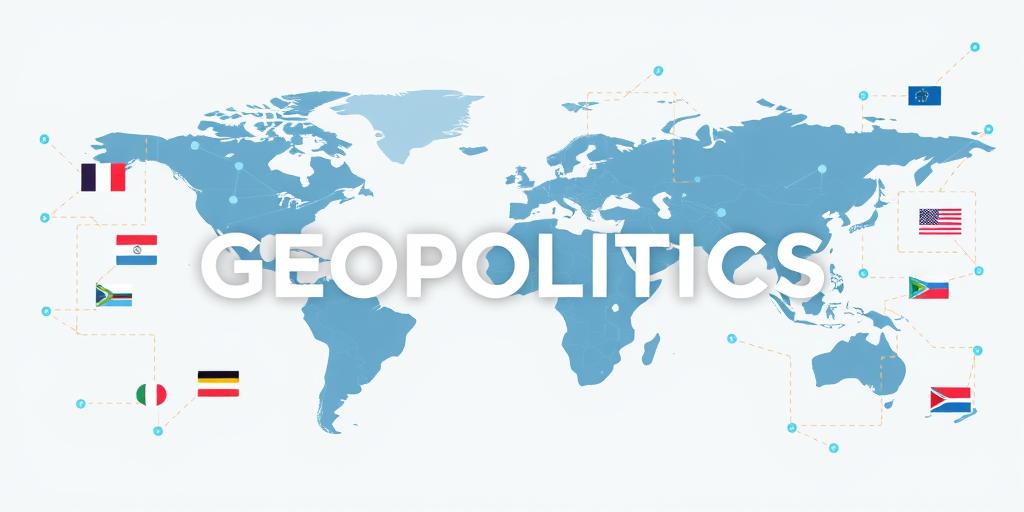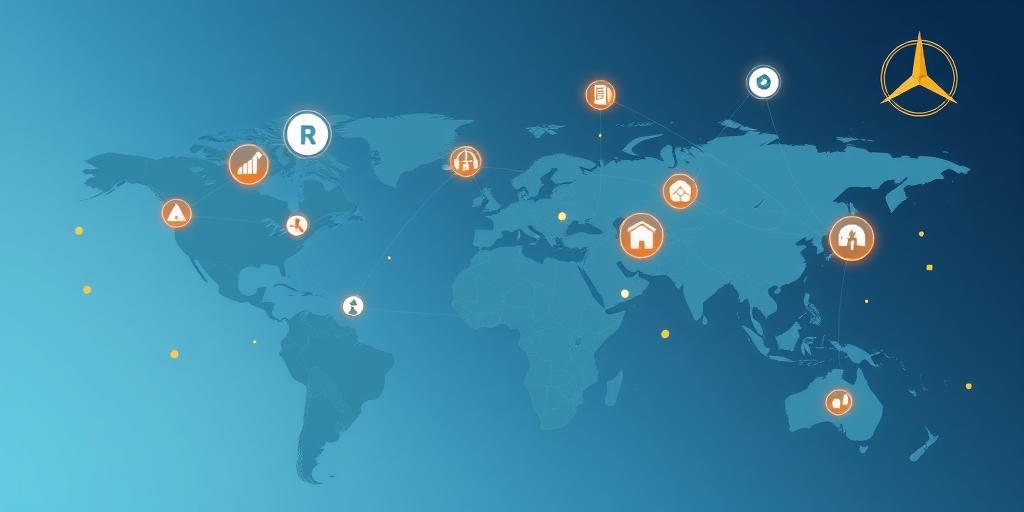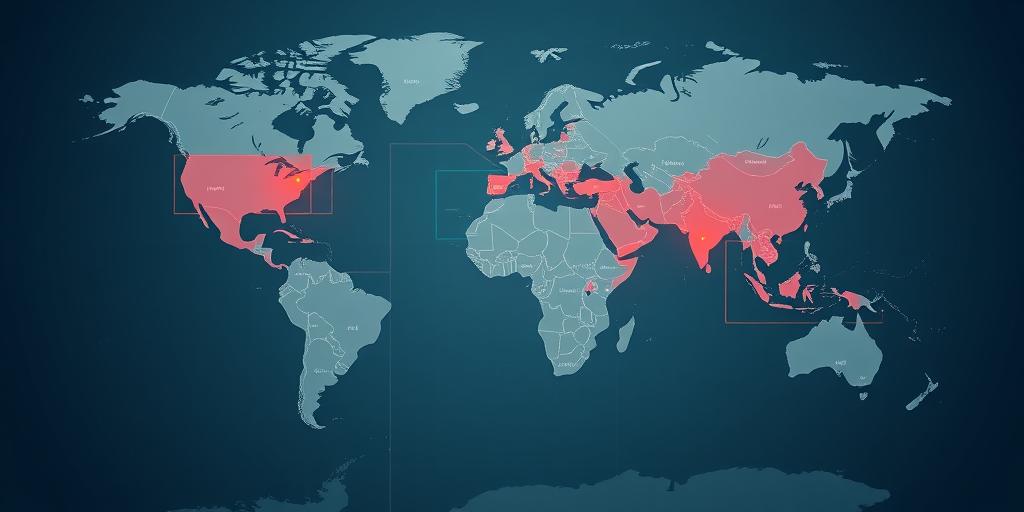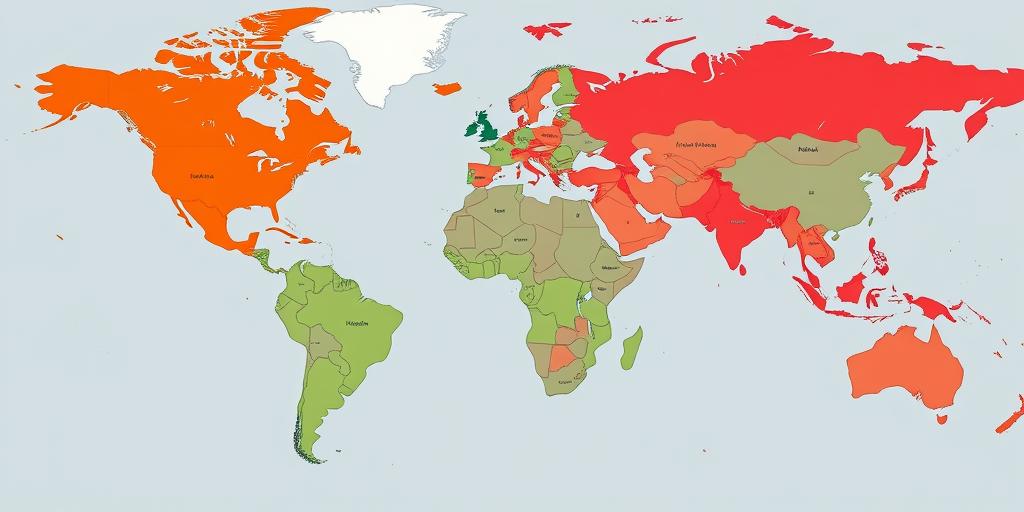Geopolitics and the Future of International Relations
Explore the role of geopolitics in shaping international relations, current trends, and implications for the future. Understand key elements and power dynamics.

Geopolitics and the Future of International Relations
Geopolitics and the Future of International Relations
In an increasingly interconnected world, geopolitics plays a pivotal role in shaping international relations. Understanding the dynamics of geopolitical forces is essential for navigating the complexities of global affairs and anticipating future trends. This article explores the key aspects of geopolitics and its implications for the future of international relations.
What is Geopolitics?
Geopolitics is the study of how geography, demography, and resources influence the political behavior of states and the relations between them. It examines the interplay of geographical factors with political power, economic interests, and cultural influences.
Key Elements of Geopolitics
- Geography: Location, climate, topography, and natural resources are critical determinants of a nation's power and strategic interests.
- Demography: Population size, growth rate, age structure, and migration patterns impact a country's economic and military capabilities.
- Resources: Access to essential resources such as energy, minerals, and water is vital for economic development and national security.
- Political Power: The ability of a state to influence others through diplomacy, economic strength, and military might shapes geopolitical landscapes.
- Economic Interests: Trade routes, investment flows, and financial dependencies create complex relationships between states.
- Cultural Influences: Shared values, ideologies, and historical ties can foster cooperation or conflict among nations.
Current Geopolitical Trends
Several significant trends are currently shaping the geopolitical landscape:
- Great Power Competition: The resurgence of great power competition between the United States, China, and Russia is a defining feature of contemporary geopolitics. These powers vie for influence, control resources, and promote their respective ideologies.
- Regional Conflicts: Conflicts in regions such as the Middle East, Africa, and Eastern Europe have far-reaching implications for international security and stability. These conflicts are often driven by a combination of ethnic, religious, and political factors.
- Technological Disruption: Rapid advancements in technology, including artificial intelligence, cybersecurity, and biotechnology, are transforming the nature of warfare and diplomacy. States that master these technologies will gain a significant advantage in the geopolitical arena.
- Climate Change: Climate change poses a growing threat to international stability. Rising sea levels, extreme weather events, and resource scarcity can exacerbate existing tensions and trigger new conflicts.
The Future of International Relations
The future of international relations will be shaped by several factors:
- Multipolarity: The world is becoming increasingly multipolar, with multiple centers of power and influence. This shift challenges the dominance of the United States and creates new opportunities for cooperation and competition.
- Globalization: Globalization will continue to drive economic interdependence and cultural exchange. However, it may also lead to increased inequality and social unrest.
- Multilateralism: International organizations such as the United Nations, the World Trade Organization, and the International Monetary Fund will play an increasingly important role in addressing global challenges. However, their effectiveness will depend on the willingness of states to cooperate and compromise.
- Digital Diplomacy: Digital technologies are transforming the way diplomacy is conducted. Social media, virtual meetings, and online platforms provide new channels for communication and engagement.
Conclusion
Geopolitics is a dynamic and complex field that provides valuable insights into the forces shaping international relations. By understanding the key elements of geopolitics and current trends, policymakers, academics, and citizens can better navigate the challenges and opportunities of the 21st century. As the world becomes more interconnected and interdependent, the study of geopolitics will become even more critical for promoting peace, stability, and prosperity.





